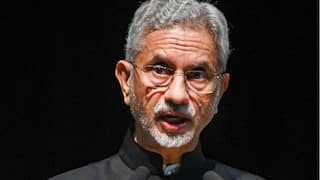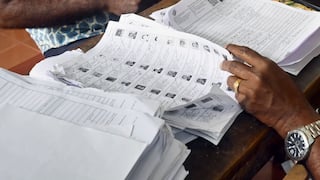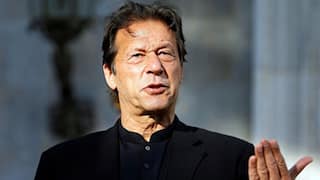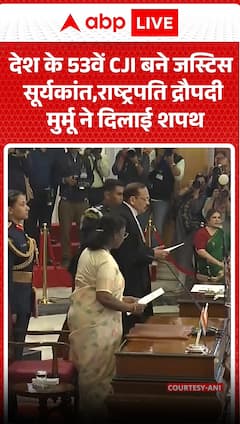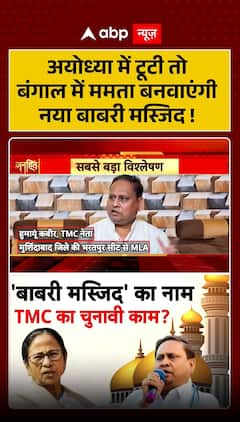In Major Setback For MeToo Movement, New York Court Overturns Harvey Weinstein's 2020 Conviction For Sexual Assault, Rape
The state Court of Appeals observed that trial judge erred in allowing women to testify about Harvey Weinstein's alleged assaults, despite these accusations not being directly related to the charges

New Delhi: New York's highest court has overturned Hollywood producer Harvey Weinstein's 2020 conviction for sexual assault and rape, reopening the landmark case that catalysed the #MeToo movement and underscoring the difficulties in holding influential people accountable.
In a sharply divided 4-3 verdict on Thursday, the state Court of Appeals observed that the trial judge erred in allowing women to testify about Weinstein's alleged assaults, despite these accusations not being directly related to the charges against him.
“[Weinstein] was convicted by a jury for various sexual crimes against three named complainants and, on appeal, claims that he was judged, not on the conduct for which he was indicted, but on irrelevant, prejudicial, and untested allegations of prior bad acts,” the court said in its order.
“We conclude that the trial court erroneously admitted testimony of uncharged, alleged prior sexual acts against persons other than the complainants of the underlying crimes … the remedy for these egregious errors is a new trial,” the court added.
Currently lodged at the Mohawk Correctional Facility in Rome, New York, as confirmed by the state Department of Corrections and Community Supervision, Weinstein also got a 16-year prison sentence in Los Angeles last year for charges of rape and sexual assault.
As per a report in Reuters, Weinstein will not be released immediately as he faces the prison sentence in California.
It is to be noted that throughout the legal proceedings, Weinstein has consistently maintained his innocence, vehemently denying any engagement in nonconsensual sexual activities.
Douglas H. Wigdor, an attorney representing eight of Weinstein's accusers, including two witnesses of the "prior bad acts" mentioned in his New York trial, expressed dissatisfaction with the court's decision.




























